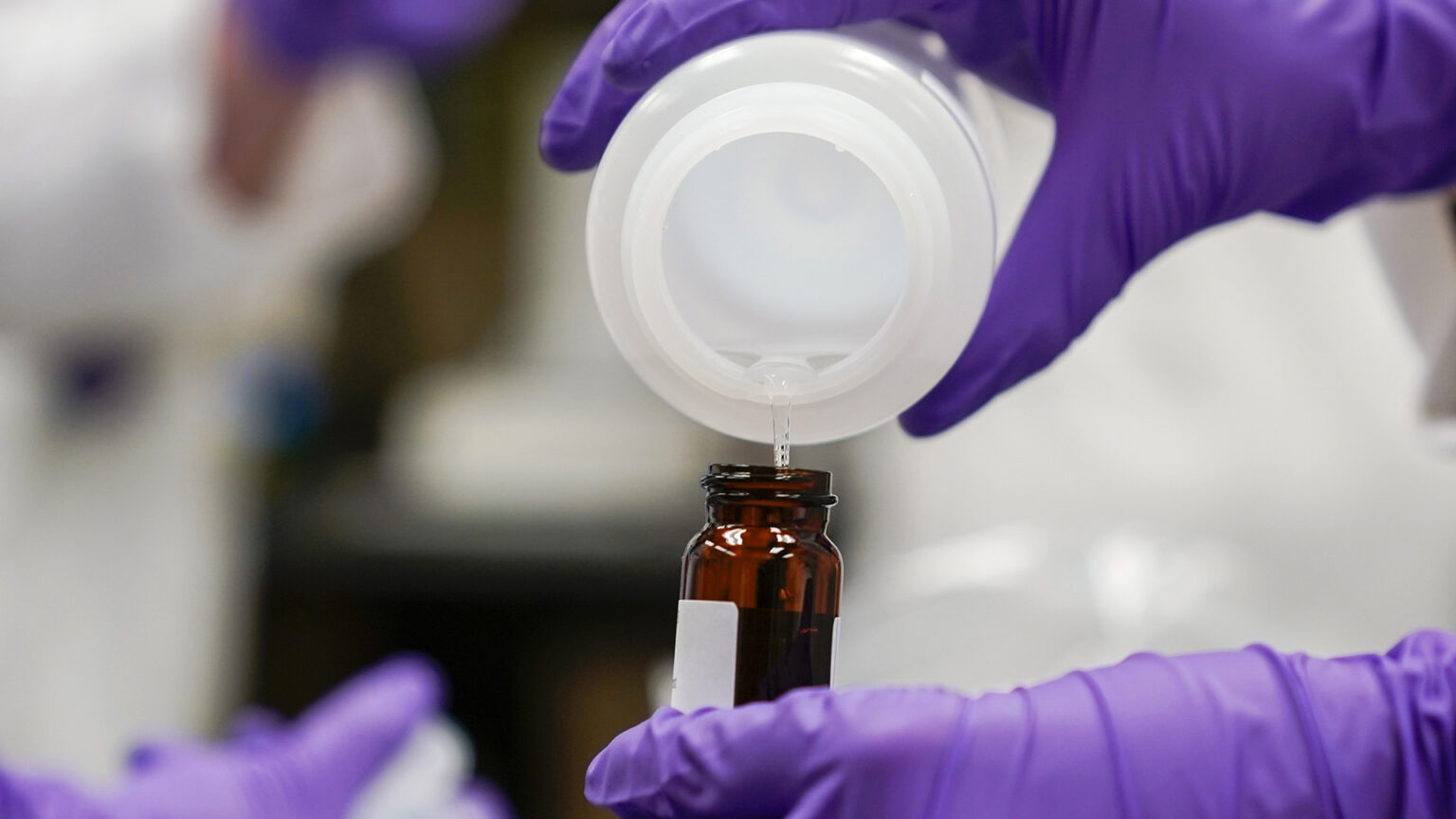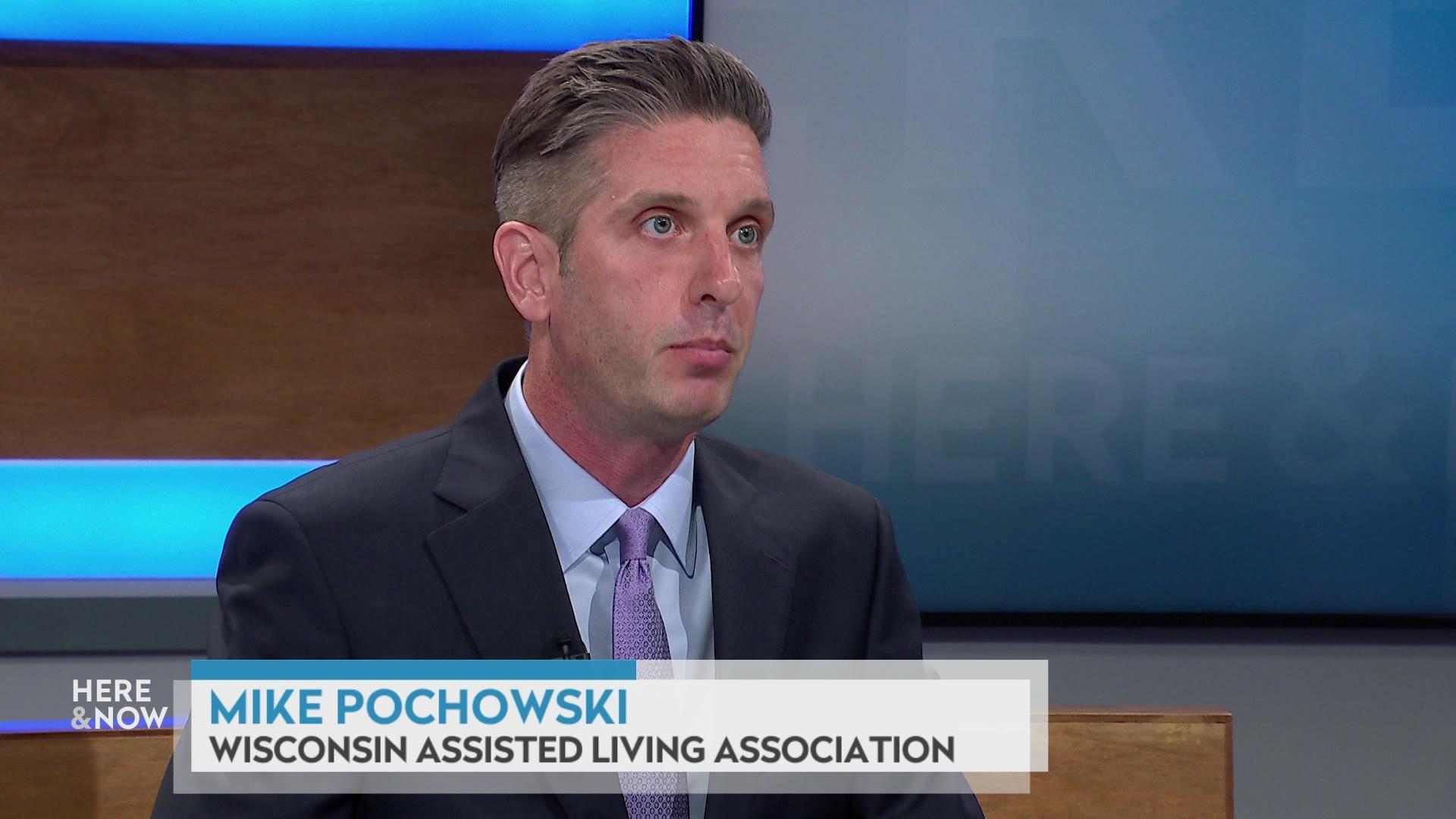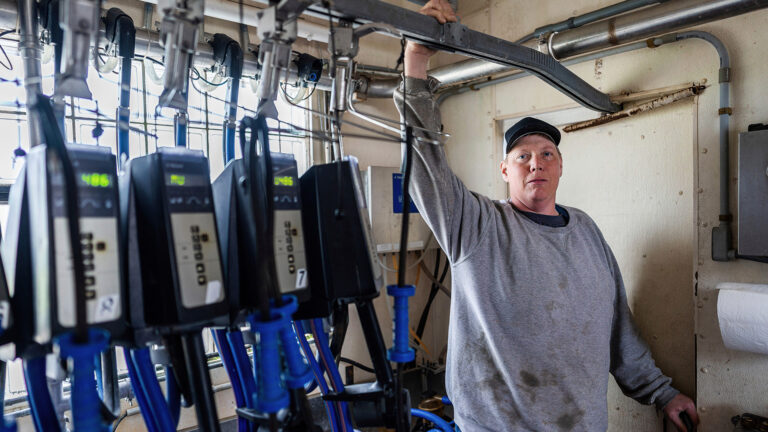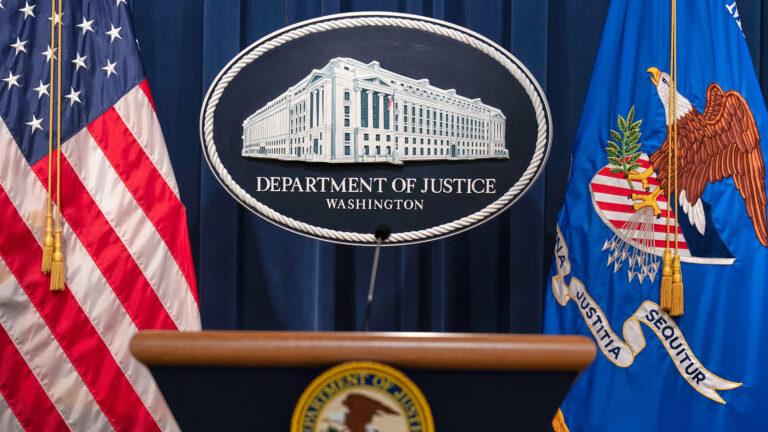State law compels Wisconsin regulators to halt work on groundwater PFAS standards
The Wisconsin Department of Natural Resources has stopped drafting PFAS standards for groundwater due to a 2017 law requiring state agencies to obtain permission from legislators when compliance costs exceed $10 million over any two-year period.
Associated Press
December 20, 2023

A researcher pours a water sample into a smaller glass container for experimentation as part of drinking water and PFAS research at the U.S. Environmental Protection Agency Center For Environmental Solutions and Emergency Response, Feb. 16, 2023, in Cincinnati. Compliance costs projected to exceed a limit set by state law have forced Wisconsin regulators to stop developing standards limiting PFAS chemicals in groundwater, Gov. Tony Evers said Dec. 19. (Credit: AP Photo / Joshua A. Bickel, File)

MADISON, Wis. (AP) — Excessive compliance costs have forced Wisconsin regulators to stop developing standards limiting so-called forever chemicals in groundwater, Gov. Tony Evers said Dec. 19.
The Department of Natural Resources has been working on groundwater standards for PFAS chemicals for the past year. Groundwater is the source of drinking water for about two-thirds of Wisconsin residents.
But Evers said that the agency had to stop because economic impact projections put the cost of compliance for industrial facilities and wastewater treatment plants that discharge to groundwater at $33 million over the first two years the standards would be in effect.
Then-Republican Gov. Scott Walker signed a law in 2017 that requires state agencies to obtain permission from legislators to continue working on regulations with compliance costs of at least $10 million over any two-year period.
Republicans currently control the Legislature. Their relationship with Evers is strained — they rarely communicate with his administration — making it unlikely Evers could coax them into allowing the DNR to continue its work.
Still, the governor sent a letter to Republican Sens. Robert Cowles and Eric Wimberger asking them to champion legislation that would let the DNR continue drafting the standards.
Cowles and Wimberger have authored a bill that would use $125 million the Legislature set aside in the state budget to combat pollution to create grants to help municipalities deal with PFAS. The bill passed the Senate in November, but it hasn’t gotten a floor vote in the Assembly. Democrats see that clause as diminishing the agency’s authority.
Evers signaled Dec. 19 that he will likely veto the bill if it reaches his desk, directing the DNR to ask the Legislature’s Republican-controlled finance committee to release the money to the agency so it can help local governments deal with contamination. The finance committee almost certainly won’t go along with Evers’ wishes, though, and neither Wimberger nor Cowles’ offices immediately responded to an email in the late afternoon of Dec. 19 seeking comment on the governor’s requests.
PFAS are man-made chemicals that don’t easily break down in nature. They are found in a wide range of products, including cookware, firefighting foam and stain-resistant clothing. The chemicals have been linked to health problems including low birth weight, cancer and liver disease, and they have been shown to make vaccines less effective.
Communities across Wisconsin are grappling with PFAS contamination, including Marinette, Madison, Eau Claire, La Crosse, Wausau and the towns of Peshtigo and Campbell.
The DNR’s policy board in February 2022 adopted PFAS standards for surface and drinking water. Those went into effect in June of that year.
The board initially killed proposed PFAS limits in groundwater that same February amid concerns about the cost to paper mills and other businesses, wastewater plants and others for drilling new wells and installing treatment systems. The board restarted work on the standards in December 2022.
 Passport
Passport











Follow Us